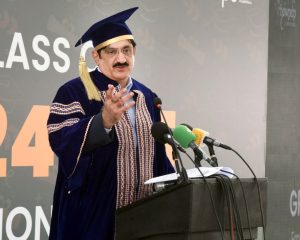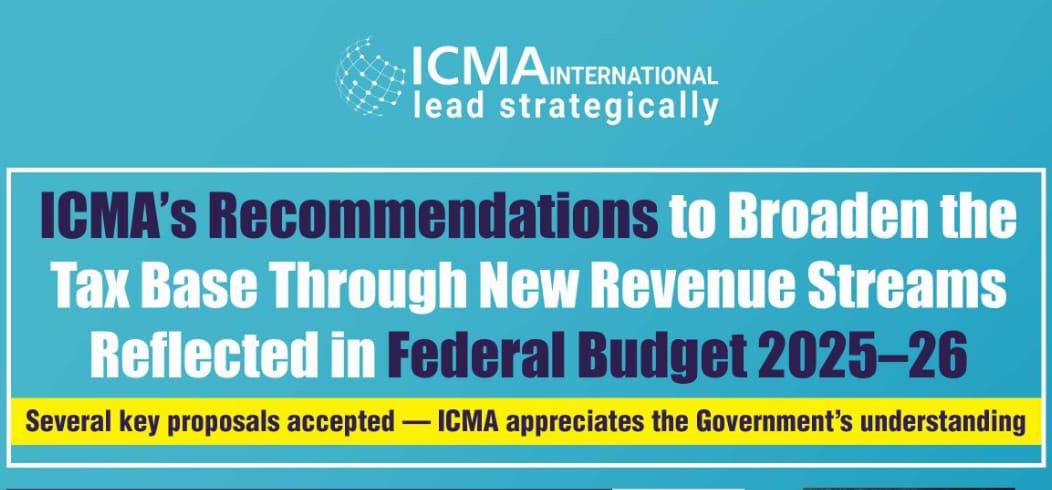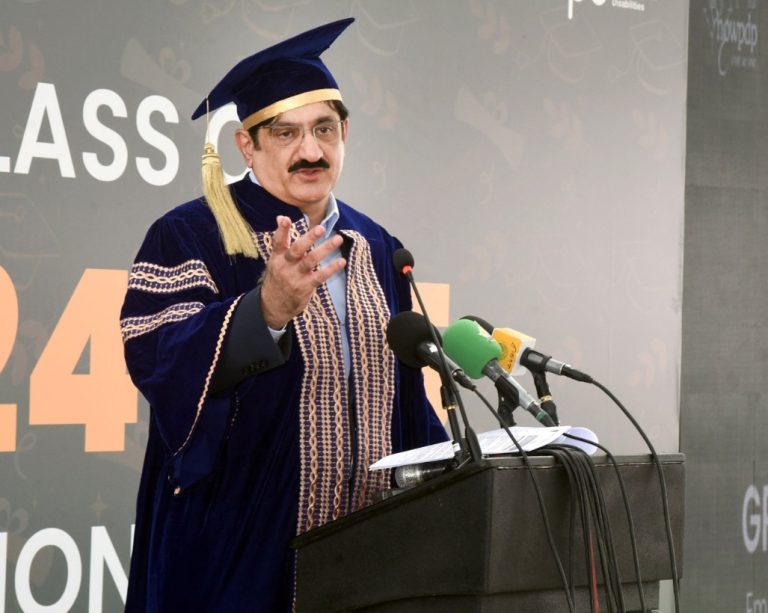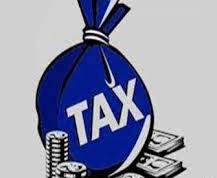The Institute of Cost and Management Accountants of Pakistan (ICMA Pakistan) has expressed strong support for the Federal Budget 2025-26, acknowledging the incorporation of several of its key tax policy recommendations. These suggestions, aimed at expanding the tax base and promoting equity and sustainability, were officially submitted to the Federal Board of Revenue (FBR) by the January 31, 2025 deadline.
The budget, unveiled by Finance Minister Muhammad Aurangzeb on June 10, reflects a strategic shift in tax policy, adopting multiple ICMA proposals that target emerging economic sectors, reduce the burden on salaried individuals, and introduce fairness into the tax regime.
One major ICMA-backed reform is the introduction of a withholding tax on high-value pensions. This measure is designed to ensure that wealthy pensioners contribute to the national tax pool while protecting low- and middle-income retirees a move applauded by ICMA for promoting social fairness without compromising welfare protections.
The government has also addressed ICMAs call for a gradual transition toward electric vehicles (EVs) by levying new taxes on internal combustion engine vehicles. This step supports cleaner technology adoption without placing excessive initial tax burdens on the still-developing EV sector.
In the digital economy space, ICMAs recommendations to bring cross-border online transactions into the tax net have been reflected in the Finance Bills Section 6A. Taxation on digitally ordered goods and services, including a 5% tax on foreign digital advertisements targeting Pakistani users, marks a significant step in capturing revenue from the rapidly growing e-commerce and social media sectors.
Streaming platforms and other paid digital subscription services have also come under the tax umbrella, in line with ICMA’s proposals. The Institutes suggestion to exempt low-income users and minors is under consideration, indicating efforts to ensure fairness in implementation.
See also: Temporary Relaxation in Biometric Requirement for Vehicle Ownership Transfer in Sindh
Supporting green initiatives, ICMAs proposal to incentivize renewable energy investment has been partially adopted. The continuation of zero customs duty on equipment used in solar and clean energy projects is expected to bolster sustainable infrastructure development, even though a direct tax rebate was not included.
In the real estate domain, ICMA’s push for equitable asset taxation has led to an increase in advance tax on high-value property transactions. Although a comprehensive wealth tax on real estate remains pending, the move indicates a step toward fairer asset-based taxation.
Overall, ICMA praised the governments openness to alternative and innovative revenue streams, particularly those that reduce dependence on the overburdened salaried class which remains Pakistans highest contributor to direct taxes.
The governments adoption of our proposals reflects a more balanced and forward-looking fiscal approach, an ICMA spokesperson said. We remain committed to advancing tax reform through evidence-based policy that promotes equity, innovation, and long-term fiscal sustainability.
The Institute reaffirmed its ongoing support to the government in strengthening Pakistans economic framework and creating a more inclusive tax system for all.

















2 thoughts on “ICMA Pakistan Welcomes Inclusion of Key Proposals in Federal Budget 2025-26”
Comments are closed.